Insiders
Maldives, Crowd Sourcing to Reach Carbon Neutral Goal
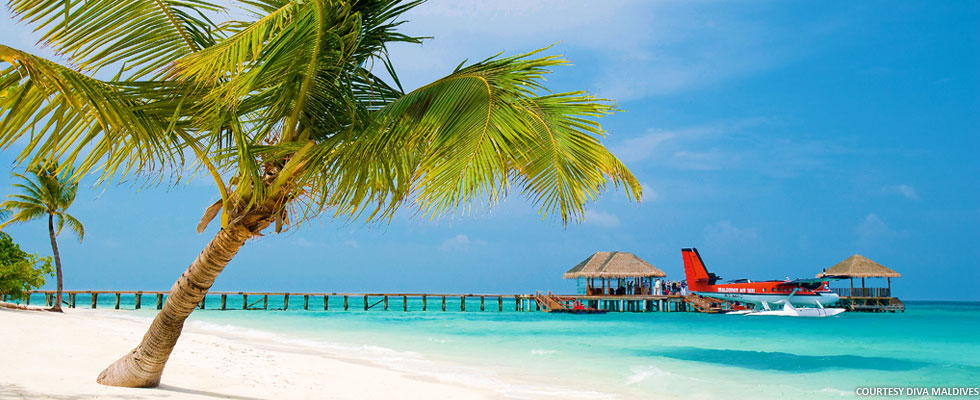
Maldives Promotion House – The Maldivian government has announced that they plan on using solar energy to generate 60 percent of the country’s electricity before 2020. With the release of the Maldives Renewable Energy Investment Framework (MREIF), an analysis of technical and financing options for cutting out fossil fuels from the country’s electricity infrastructure, Maldives will also soon become the first country to crowd source its renewable energy plan on the internet.
During a recent event in New York, USA, Vice President Dr Mohamed Waheed outlined the Maldives’ carbon neutral energy plan. He noted that it was high time the Maldives and other countries shift from oil to renewable sources of electricity.
The Vice President also revealed the government’s decision to crowd source the carbon neutral energy plan by inviting energy and finance experts from the Maldives and around the world to contribute via online consultation.
“Being a small country, the Maldives doesn’t have a huge amount of renewable energy expertise,” the Vice President pointed out, calling on people to help make the Maldives’ plans as robust as possible.
According to the MREIF document, up to a 90 percent reduction in electricity emissions should be achievable by 2020 without driving up local energy bills. While a 100 percent reduction may also be possible, the document reads that achieving this target would be “difficult and needs new technology to be commercialised to make it happen.”
While the project depends on solar power for delivering 60 percent of the country’s electricity by 2020, a new biomass power station has also been proposed to complement the solar systems on the larger islands. While wind power shows promise, this technology is unlikely to play a key role due to regular windless periods.
Economic modelling suggests it is already cheaper to generate electricity from solar photovoltaic panels than from diesel on many Maldivian islands. The direct cost of daytime solar PV is around USD 0.21 per kilowatt hour, compared to USD 0.28 – USD 0.44 per kW/hour for existing diesel generators.
To overcome the lack of technical expertise, the Ministry of Economic Development will invite experts all over the globe to scrutinise and improve its plan via the new crowd-sourcing website, maldives.co2.org.
The site has forums on specific issues such as the best kinds of solar panels for corrosive environments, and the establishment of the Maldives Energy Finance Company, a proposed organisation for reducing the costs of infrastructure and capital. The website also invites discussion on more fundamental questions such as: “How aggressively should the Maldives pursue carbon neutrality, at the expense of short-term economic wellbeing?”
“We are investing in renewable energy because it is cheaper and cleaner than burning fossil fuels. At the moment, our economy is run on imported oil and every time the oil price rises, we all suffer,” Minister for Economic Development, Mahmood Razee said.
The New York event was hosted by the Global Campaign for Climate Action (GCCA), an alliance of more than 270 non-profit organizations all over the world. The GCCA works to promote the low-carbon transition of the world’s economies. Also speaking alongside the Vice President was a minister from the United Kingdom, a representative from the United Nations and Kumi Naidoo, the head of Greenpeace International.
Action
Freediving with tiger sharks: Shark Expedition Fuvahmulah collaborates with marine biologist Andriana Fragola

Shark Expedition Fuvahmulah, renowned for its world-class scuba diving encounters, has announced an exciting expansion: the chance to freedive with tiger sharks in the Maldives’ southernmost atoll.
Fuvahmulah, often hailed as the “Tiger Shark Capital of the World,” is the only place on the planet where year-round encounters with tiger sharks are virtually guaranteed. With more than 280 identified resident tiger sharks, the island has become a bucket-list destination for divers and marine enthusiasts alike.
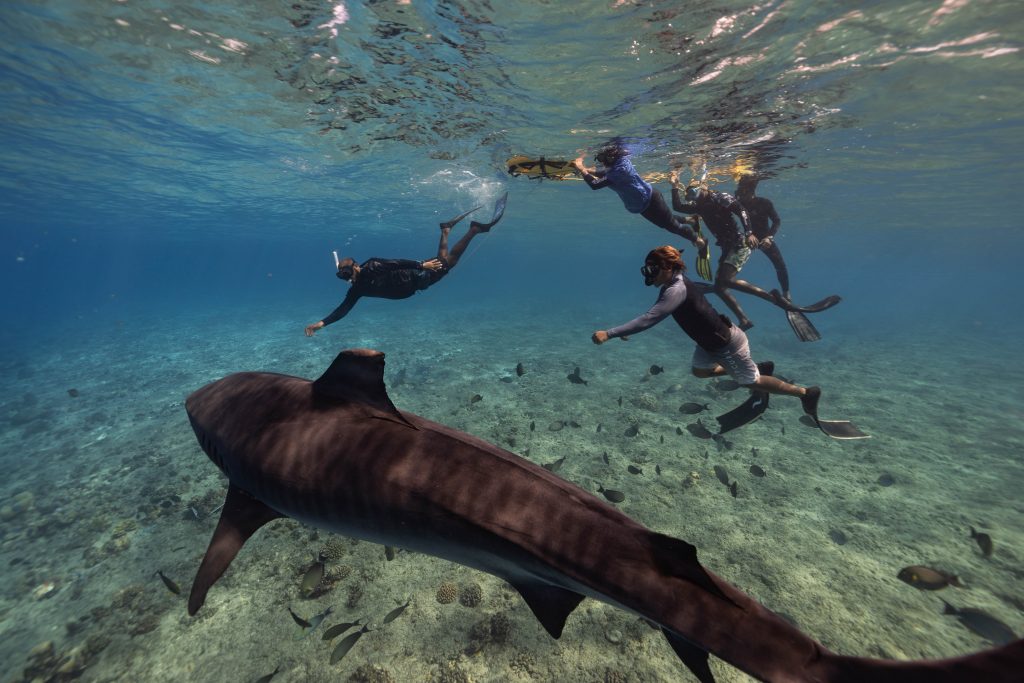
The newly introduced freediving experience offers a unique way to interact with these apex predators. Unlike scuba diving, freediving takes place without bubbles or heavy gear, allowing participants to connect with tiger sharks in a quieter, more natural way. This approach often makes the encounter more comfortable for the sharks and more intimate for the diver.
Guiding these expeditions is Andriana “Andy” Fragola, a marine biologist, shark diver, and conservationist currently based in Hawaii. Andy holds a Master’s Degree in Marine Conservation Biology with a focus on shark microbiology and has dedicated her career to shark research, conservation, and public education. Through her work in media and content creation, she strives to raise awareness about the importance of shark conservation and inspire people to take action to protect marine ecosystems.
“Freediving with tiger sharks is a raw and transformative experience,” says Andy. “Being eye-to-eye with these incredible animals without the barrier of scuba gear allows you to see them for what they truly are—powerful, intelligent, and essential to the health of our oceans.”
Shark Expedition Fuvahmulah ensures that all freediving activities are conducted under strict safety protocols. With experienced professionals like Andy leading the dives, participants can expect both an exhilarating and responsible adventure.
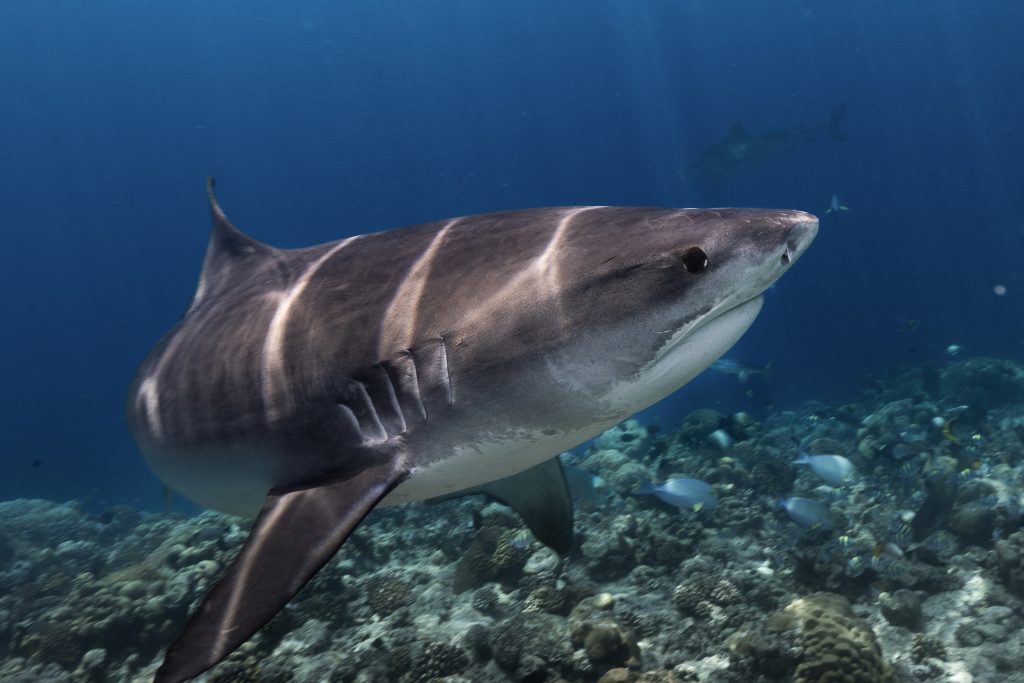
Why this experience stands out:
- Eye-to-eye encounters with tiger sharks in their natural habitat.
- A deeper, more personal connection with marine life.
- Expert-led guidance ensuring safety and conservation awareness.
In addition to freediving, Shark Expedition Fuvahmulah offers a range of packages, including accommodation options, making it easier for adventurers to fully immerse themselves in the island’s extraordinary marine environment.
For bookings and more information:
📧 Email: sales@scuba-expeditions.com
📱 WhatsApp: +960 9894653
🌐 www.scuba-expeditions.com
News
MIC appoints Ali Shakir as Group General Manager

Maldives Inflight Catering Pvt Ltd (MIC) has announced the appointment of Ali Shakir as the Group General Manager. With over 27 years of experience in the hospitality industry, Ali Shakir will now oversee operations for the Maldives Inflight Kitchen, Hulhule Island Hotel, and Madifushi Private Island Maldives.
Ali Shakir, who most recently served as General Manager at OBLU NATURE Helengeli by SENTIDO, played a pivotal role in the resort’s redevelopment and reopening. Prior to that, he joined Atmosphere Core in 2019 as Resort Manager at VARU By Atmosphere, where he was instrumental in the pre-opening of several properties, including OBLU XPERIENCE Ailafushi, OBLU SELECT Lobigili, OZEN RESERVE BOLIFUSHI, and VARU By Atmosphere. His wealth of experience also includes key positions at prestigious resorts such as Angsana Velavaru, Hulhule Island Hotel, and Paradise Island Resort and Spa.
Ali is no stranger to MIC, having spent more than 15 years at Hulhule Island Hotel, where he rose through the ranks to become Executive Assistant Manager before departing in 2019.
Commenting on his new role, Ali Shakir expressed his enthusiasm:
“I am honored to rejoin MIC and lead the operations of these iconic properties. This company has always held a special place in my career, and I am excited to work with the talented team to drive further success and innovation.”
Ibrahim Shareef Mohamed, Managing Director of MIC, welcomed Ali to the leadership team, praising his extensive experience and strategic vision:
“We are delighted to have Ali back at MIC. His proven track record in the hospitality sector, combined with his in-depth knowledge of Hulhule Island Hotel and his previous achievements, makes him the ideal leader to take us forward. I have no doubt that under his leadership, MIC will continue to set benchmarks for excellence.”
Ali Shakir holds a General Managers Program certificate from Cornell University, USA, and a General Hotel Service certification from the Institute of Hotel and Catering Service, Maldives.
MIC is a joint venture between Maldives Airports Company Limited and SATS Ltd, renowned for its inflight catering services to airlines and private jets. Beyond the Maldives Inflight Kitchen, MIC also manages Hulhule Island Hotel, the only airport hotel at Velana International Airport, and the luxurious Madifushi Private Island Maldives in Meemu Atoll.
Tips & Advice
Flying after scuba diving: Essential guidelines for safe travel

Scuba diving in the Maldives offers an unparalleled experience, with its vibrant coral reefs, diverse marine life, and crystal-clear waters. However, one crucial aspect that divers must consider is the timing of their flights after diving. Understanding the recommended waiting periods before flying is essential to ensure safety and prevent decompression sickness. Here’s what you need to know.
Understanding Decompression Sickness
Decompression sickness, also known as “the bends,” occurs when nitrogen bubbles form in the bloodstream and tissues due to rapid changes in pressure. This can happen if a diver ascends too quickly or flies too soon after diving. The reduced cabin pressure in an airplane can exacerbate the formation of these bubbles, leading to serious health risks.

Recommended Waiting Times
The waiting time before flying after scuba diving depends on the type and number of dives completed. Here are the general guidelines:
- Single Dive: If you have completed a single, no-decompression dive, it is recommended to wait at least 12 hours before flying. This allows sufficient time for the body to eliminate excess nitrogen.
- Multiple Dives or Multiple Days of Diving: For divers who have completed multiple dives or have been diving over several days, the recommended waiting period extends to 18 to 24 hours. This longer duration helps ensure that nitrogen levels in the body have decreased to safe levels.
- Dives Requiring Decompression Stops: If your dive profile included decompression stops, it is crucial to wait at least 24 to 48 hours before boarding a flight. Decompression dives involve higher nitrogen absorption, necessitating a longer off-gassing period.
Seaplane and Domestic Flights
Many tourists visiting resorts and other islands in the Maldives travel by seaplane or domestic flights. While these flights generally operate at lower altitudes compared to international flights, the same waiting time guidelines apply. The reason is that even at lower altitudes, the risk of decompression sickness remains significant due to the changes in pressure.
Practical Tips for Divers
- Plan Your Dives and Flights: When planning your diving trip, consider your flight schedule. Ensure that you have ample time between your last dive and your flight to adhere to the recommended waiting periods.
- Stay Hydrated: Proper hydration can aid in the elimination of nitrogen from the body. Drink plenty of water before and after your dives.
- Monitor Your Health: Pay attention to any symptoms of decompression sickness, such as joint pain, dizziness, or difficulty breathing. If you experience any of these symptoms, seek medical attention immediately.
- Use Dive Computers: Modern dive computers can help track your nitrogen levels and provide personalized recommendations for safe flying times based on your dive profile.
Flying after scuba diving requires careful consideration and adherence to safety guidelines to prevent decompression sickness. By following the recommended waiting times and taking necessary precautions, divers can enjoy their underwater adventures in the Maldives and travel safely. Always consult with dive professionals or medical experts if you have any concerns about your health and safety.
-

 Featured1 week ago
Featured1 week agoSun Siyam Resorts marks Valentine’s season with multi-resort celebrations
-
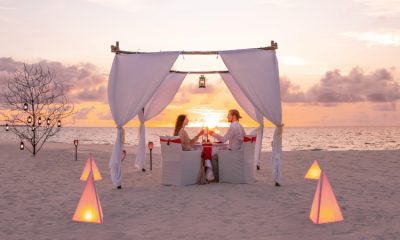
 Featured1 week ago
Featured1 week agoCoco Bodu Hithi and Coco Palm Dhuni Kolhu curate distinct Valentine’s escapes
-
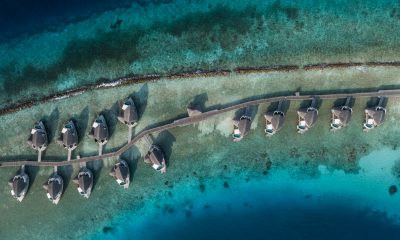
 News1 week ago
News1 week agoJW Marriott Maldives Resort & Spa invites families to celebrate Eid Al-Fitr in island luxury
-
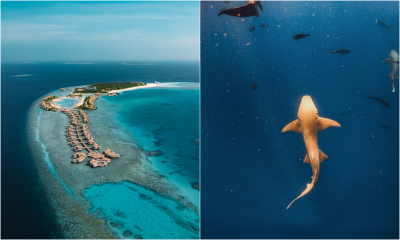
 Action1 week ago
Action1 week agoInterContinental Maldives Maamunagau Resort launches ‘Swim with Nurse Sharks’ experience
-
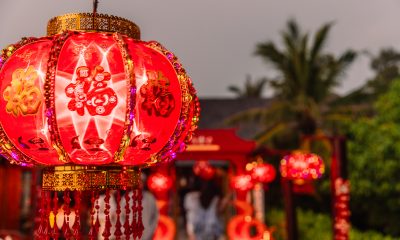
 Featured5 days ago
Featured5 days agoYear of the Horse celebrations across Sun Siyam’s Luxury, Privé and Lifestyle resorts
-

 Love6 days ago
Love6 days agoAzur rooftop at JEN Maldives sets stage for Valentine’s Day dining
-
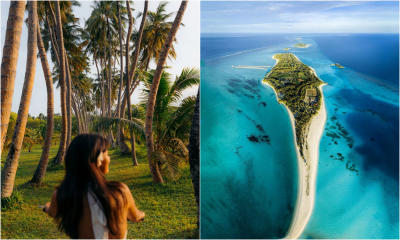
 Awards6 days ago
Awards6 days agoVilla Park secures second straight HolidayCheck Award
-

 Love1 week ago
Love1 week agoFrom beachfront dining to spa rituals: Valentine’s Day at The Westin Maldives

















